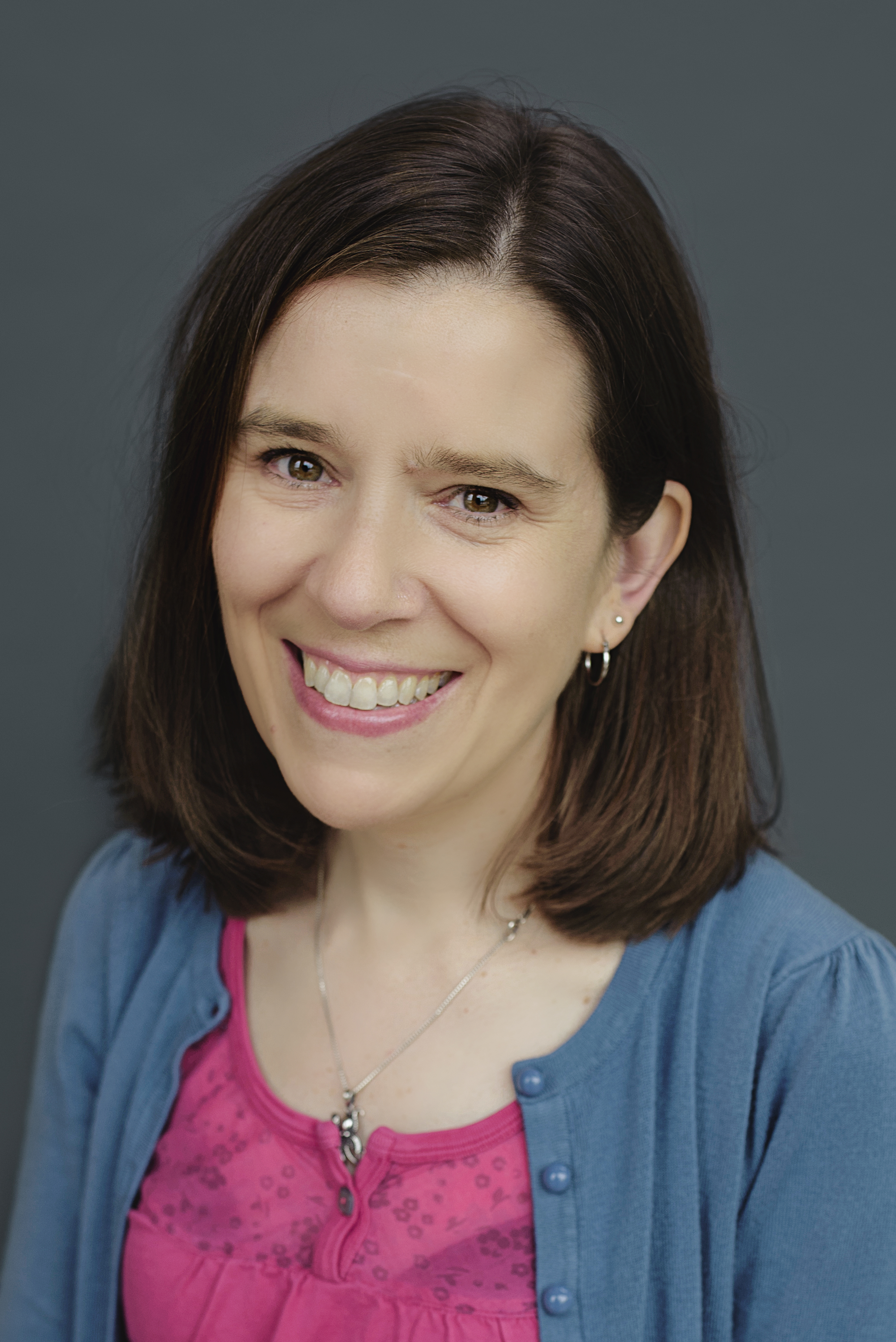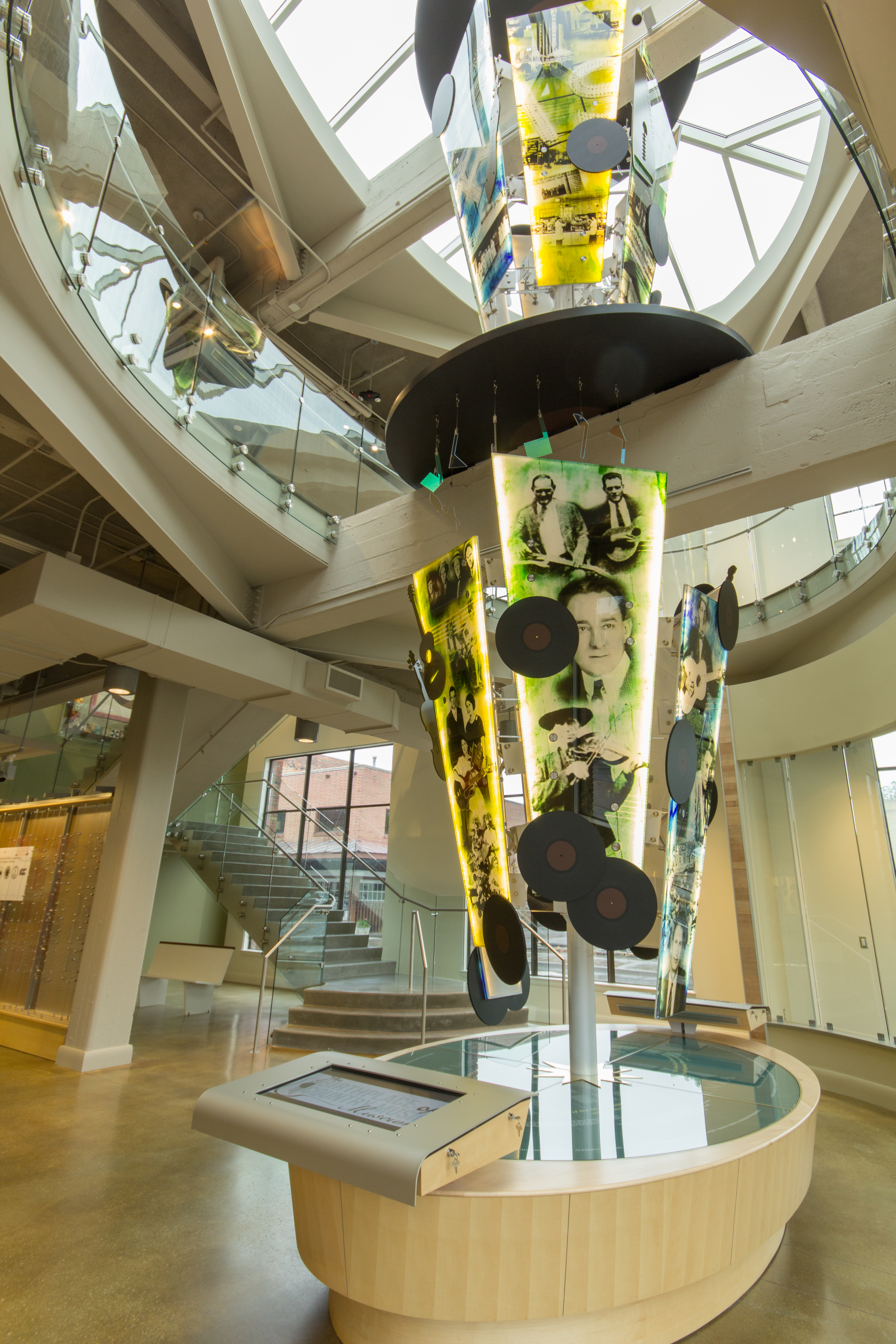We have a great relationship with Bristol Motor Speedway and with the hotels downtown. For instance, at the Bristol Hotel, we offer museum admission to their guests. We’re getting those people who might not have known about the museum to come visit. We’re also looking for ways to work with the Hard Rock Casino once it’s established in Bristol.
El Koubi: On the cultural economy and leveraging cultural assets, how does a musical trail like the one you’ve described come together? How can cultural organizations contribute to the development of trails like this one?
Rodgers: Obviously, there’s job creation, not only for the people working for the organization, but for the musicians we or any other sites along the trail might hire for concerts or programs. They’re independent musicians, nine times out of 10, and that’s how they make their living.
We’ve been talking about the tourism dollars that can bring into a region. Who’s coming and spending money that wouldn’t be here normally? A Chamber of Commerce or tourism agency calls them heads on beds. The more cultural sites you have, and the more things you have for tourists to do, the more likely you are to get those people staying multiple nights and spending their money at those sites, in hotels, in restaurants, at the service stations, and all those places that are part of your local economy.
Having cultural sites and things like The Crooked Road and other heritage trails is about quality of life. If a business wants to start a manufacturing site or start a bigger business in your area, quality of life is one way that you attract them. Those businesses then attract employees, and these sites and these cultural experiences mean that those people are more likely to want to move here because it’s a nice place to live.
A lot of the way that cultural organizations contribute to that is advocacy. That means talking to legislators about the impact that cultural heritage sites, music trails, and other types of things have on the region. Talk to the tourism sites, businesses, main street organizations, and build close relationships and partner with them to be advocates for you, and you advocate for them, because they’re also a big part of that discussion. They help to bring money into the region.
El Koubi: You’re a Bristol native and you lived overseas for many years and then came back. What drew you back to Virginia?
Rodgers: We are so lucky to live in a state that’s filled with natural beauty, cultural assets, and so much history. All of those are things I’m interested in. But when I left Bristol to go to college, and then after college moved to England, I didn’t think I wanted to be back here. But my little patch of Virginia has developed so much since I left.
My main reason for coming back was first and foremost about family. I’m an only child. My parents were getting older and it was getting harder and harder to be so far away. I thought, “I’m going to come back to Bristol — just for a few months — then I’ll find somewhere else on the East Coast to live, but I’ll be nearer to my family.” But once I moved back, I hit it at just the right time. And I got recruited very quickly. I worked for Believe in Bristol, the Main Street organization, for two years, which gave me a really great connection to my community.
I think that’s key to why I’ve stayed and what kept me here. I made that connection — a conscious effort to connect with my community.
I love being near the outdoors and the natural beauty. It is so easy to get out into that from where I live. So much has changed — it’s a vibrant, wonderful place, but there’s so much potential for Bristol to change and evolve even more. And not just Bristol, but this region. I just see the potential there, and it’s exciting.
El Koubi: What are the best places to listen to music in Virginia?
Rodgers: The Crooked Road is a great starting point. If you go onto The Crooked Road website, you see all the sites. Then you go onto their individual websites and see what music they have. But the places that come to mind immediately — the Carter Family Fold is huge. Every Saturday night they have performances. You’re going to always hear great music there. The Floyd Country Store is another great place. The Blue Ridge Music Center. The Old Fiddlers’ Convention in Galax. Blue Ridge Institute & Museum, Ralph Stanley Museum, the Southwest Virginia Cultural Center. And then there are lots of smaller festivals.
You have ample opportunity to find music in Virginia. I’ve mostly concentrated here on Southwest Virginia, because that’s what I’m most familiar with. But another great way to find out about music and musical traditions in your area is to go onto the Virginia Folklife website because they’re talking about all of the music, crafts, art, and traditions across the state. If country music or old-time music isn’t your thing, you’ll find everything from calypso to Iranian music to Mexican folk music. There are so many opportunities to find music and culture in Virginia.
I encourage people to dig deep into those websites and support them, because that’s how we survive and grow. It really matters a lot to have that support and visitors coming through our doors every day.
For the full interview, visit www.vedp.org/Podcasts




